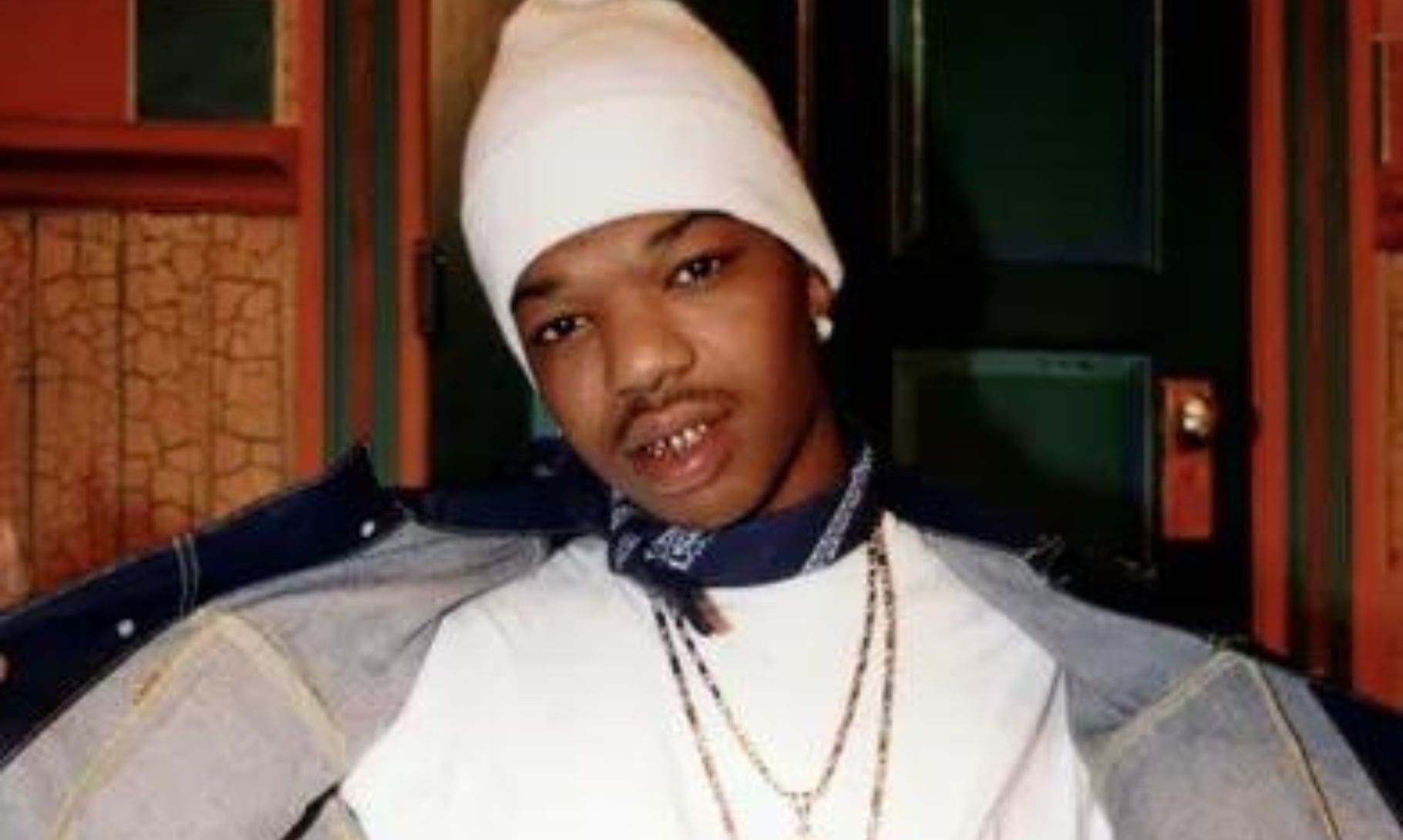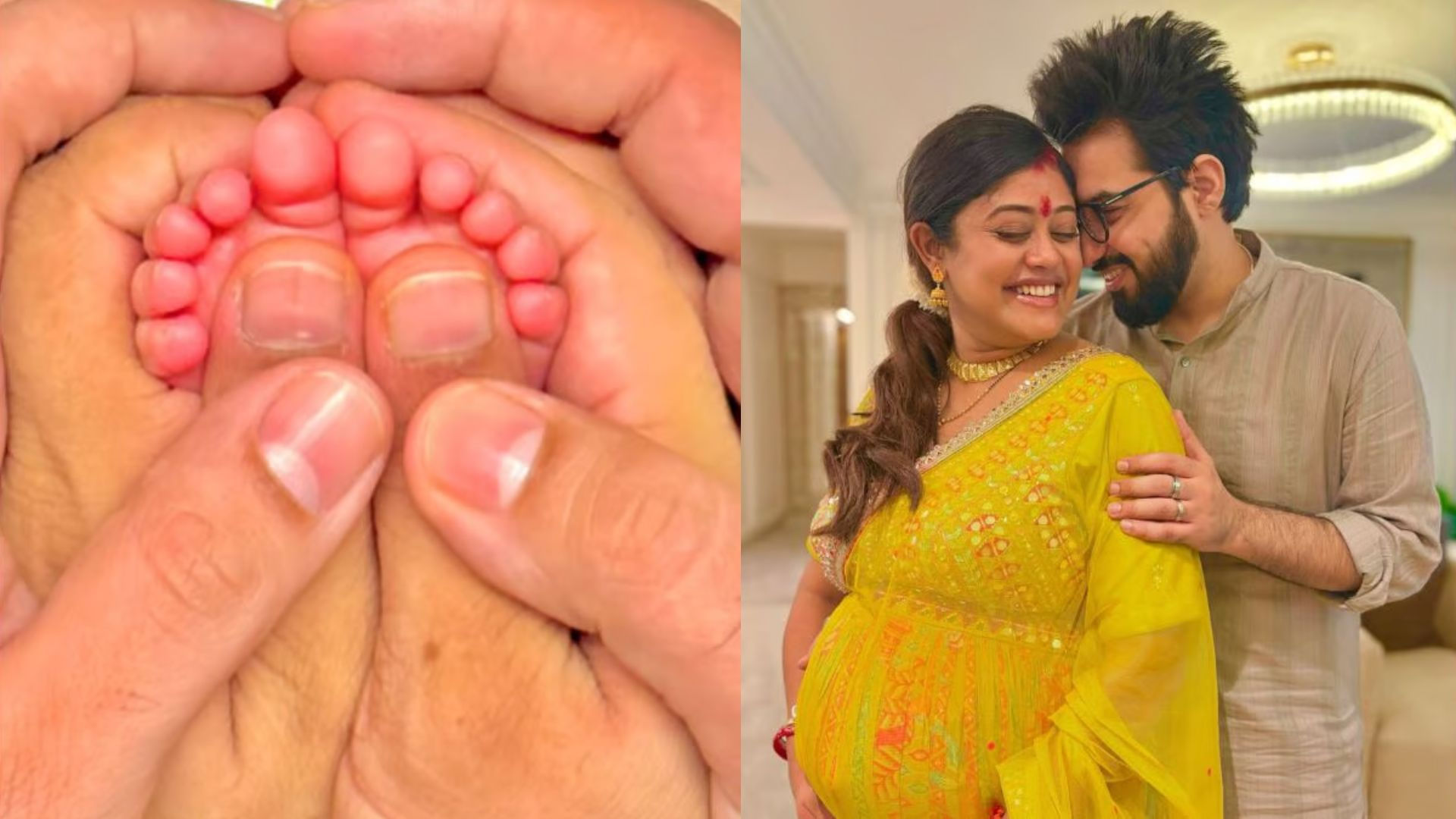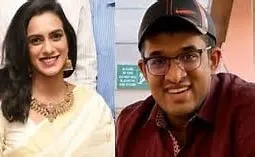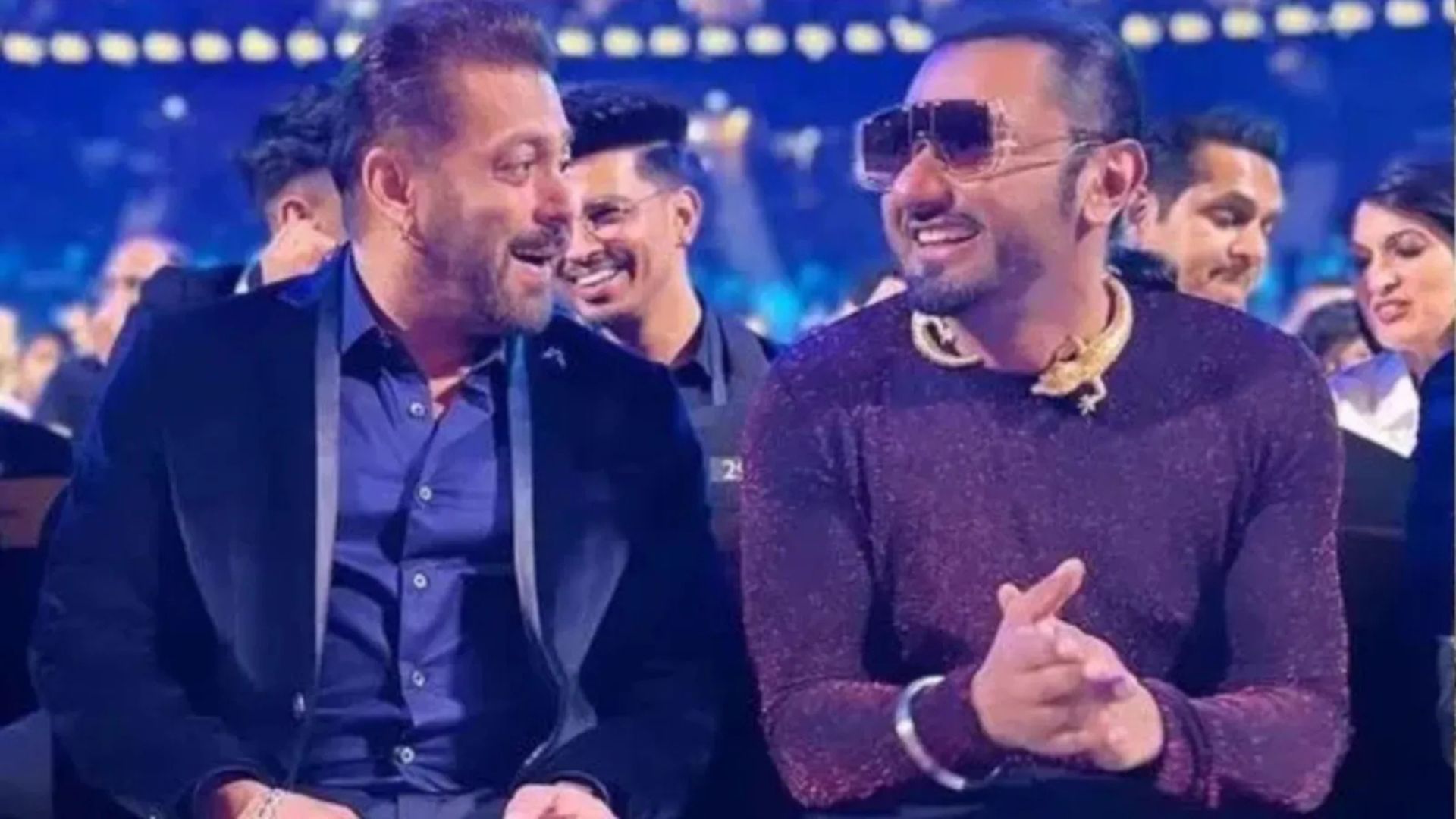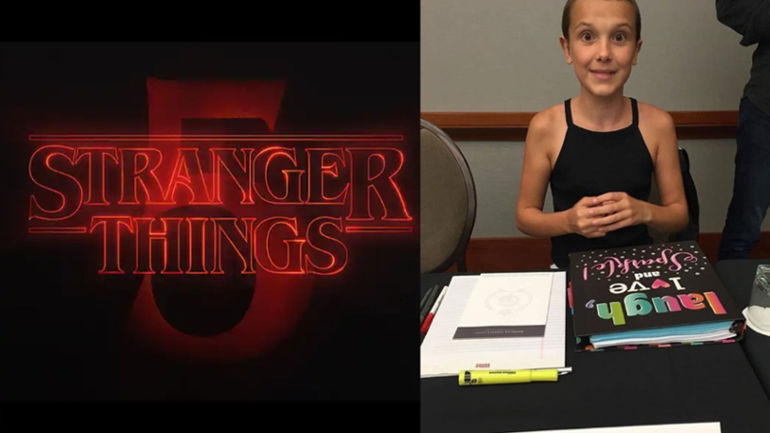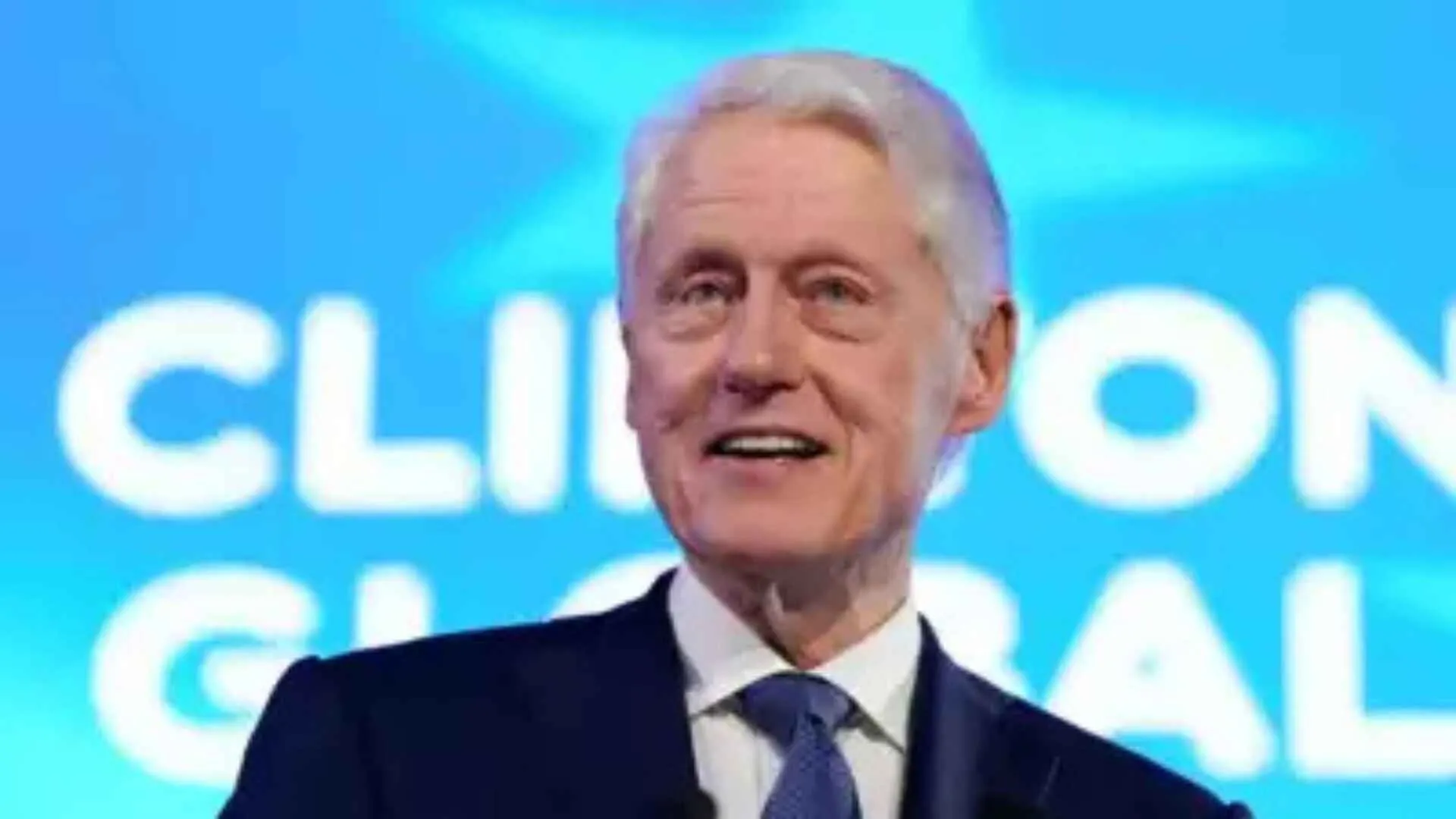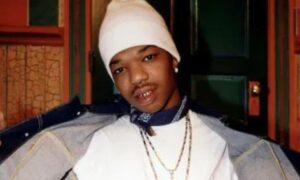A federal judge, Susie Morgan, made a decision about rapper BG, also known as Christopher Dorsey, who is under supervision after serving a prison sentence. Prosecutors wanted to stop Dorsey from promoting gun violence or murder in his music and shows, fearing it could hinder his rehabilitation. However, Judge Morgan rejected this, citing concerns about his right to free speech.
Instead, Judge Morgan ordered Dorsey to share his new song lyrics with the government before releasing them. Prosecutors can then adjust his supervision terms if the lyrics don’t align with his rehabilitation goals. Other conditions include not associating with people who have felony records without permission, and doing 400 hours of community service.
The case has sparked discussions about using rap lyrics as evidence in trials, criticized by musicians like Megan Thee Stallion and Jay-Z for unfairly targeting Black artists. Dorsey’s lawyers argued that restricting his lyrics would violate his rights. Despite this, the judge acknowledged concerns about Dorsey’s rehabilitation, leading to a compromise on oversight rather than outright restrictions.
Dorsey, once part of the Hot Boys group under Cash Money Records, rose to fame in the 1990s with hits such as “Bling Bling”. Legal issues arose from a gun possession conviction in 2012, resulting in a 14-year prison term. Since his release to a halfway house in 2023 and supervised release in 2024, Dorsey’s activities, including performing with other felons, have been closely watched by authorities.
The case shows conflicts between artistic freedom and legal control in terms of rehabilitation, raising larger discussions about how music, crime, and constitutional rights intersect in America.

